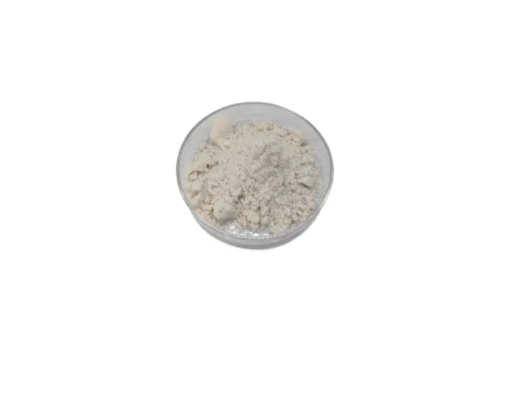Depression, a pervasive mental health concern globally, brings enduring sadness and diminished interest. Tyramine, a pharmaceutical intermediate, holds promise in its treatment. Viablife delves into tyramine's attributes and its potential in mitigating depression.
Understanding Tyramine
Tyramine, or 4-(2-aminoethyl)phenol, serves as a pivotal compound in pharmaceutical synthesis. Derived from tyrosine, it naturally occurs in aged cheeses, fermented meats, and select fish. Internally, tyramine aids in neurotransmitter synthesis, particularly norepinephrine and dopamine, crucial for mood regulation and cognition.
The Neurotransmitter Link
Neurotransmitters facilitate vital brain communication, fundamental for mood regulation. Imbalances, such as low serotonin and norepinephrine levels, are closely tied to depression. Tyramine has the potential to elevate norepinephrine levels, potentially alleviating depressive symptoms.
MAO Inhibition Theory
Tyramine may combat depression by inhibiting monoamine oxidase (MAO), an enzyme pivotal in neurotransmitter breakdown. By obstructing MAO-A, responsible for norepinephrine and serotonin degradation, tyramine could elevate these neurotransmitters, thus enhancing mood.
Research and Trials
While promising, the antidepressant effects of tyramine necessitate thorough examination. Studies exploring its impact on mood and neurotransmitters have yielded varied results. Combining tyramine with antidepressants shows promise, yet further inquiry is warranted due to potential interactions.

Why Choose Viablife's Tyramine?
Viablife offers pure tyramine powder with a uniform particle size, synthesized via a biosynthetic process, ensuring higher purity with fewer impurities. Our meticulous control over particle size enhances fluidity. Inquire about our pharmaceutical intermediates for further collaboration!
By elucidating tyramine's potential in depression treatment, Viablife aims to contribute to mental health advancements with precision and efficacy.





 Leave a Message
Leave a Message